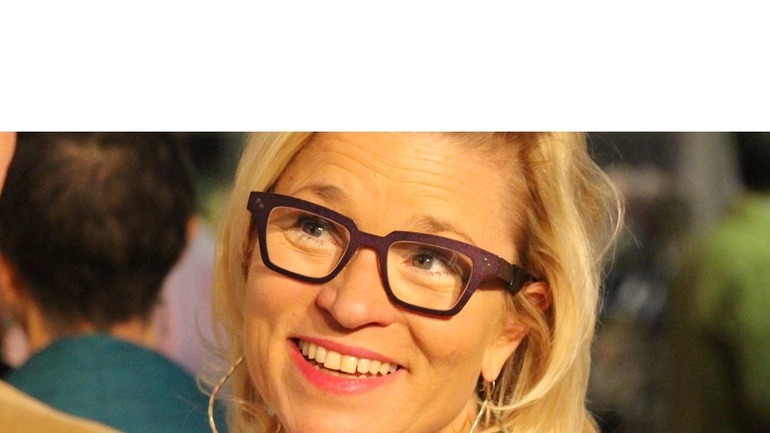
OEN Member NewsBusiness for a Better Portland’s Ashley Henry on the big contradiction of corporate giving (Portland Business Journal)
By many measures, our region’s economy is soaring. Wages in Oregon are growing more quickly than the nation as a whole and the state’s unemployment rate remains at record lows. And yet, many of the challenges we face as a community — housing affordability, homelessness, income inequality — are more daunting than ever.
At Greater Portland Inc.’s Annual Economic Summit in September, Dr. Elaine Waxman of the Urban Institute shared a roadmap for addressing these challenges by improving wages, benefits and opportunities for workers. Achieving these goals will require the business community to transform its approach to civic engagement, with the understanding that businesses will thrive if and when the community as a whole is thriving.
Ashley Henry is chief collaboration officer for Business for a Better Portland.
For generations, philanthropy has been the cornerstone of the business community’s approach to civic engagement. We are fortunate in Oregon to have a strong bench of foundations, companies and individuals supporting the work of innovative nonprofits. As our economy has grown, so has giving from the business community.
While philanthropy is essential to supporting the work of outstanding nonprofits in our community, we can’t stop there. “Philanthropy is commendable,” observed Dr. Martin Luther King, Jr., “but it must not cause the philanthropist to overlook the circumstances of economic injustice which make philanthropy necessary.”
More than 50 years later, persistent economic injustice remains at the root of our community’s biggest challenges. If businesses give back to the community while simultaneously advocating for the preservation of policies that leave many in our community behind, our efforts will remain stuck in neutral. What’s more, the visible signs of that inequality — camps on the sides of our freeways and garbage on our streets — will never be solved by simply increasing police presence or adding garbage cans. To solve this challenge, we must address the reason the camps and garbage exist in the first place. Homelessness is a human-centric problem that requires human-centric solutions like improved resources for services, more affordable housing and an aggressive approach to reducing inequality.
In the past, businesses typically limited their political engagement to issues that had a direct impact on their bottom line: lower taxes, fewer regulations and more infrastructure. Too often, that advocacy has run contrary to the interests of the broader community. Rising housing costs and insufficient investments in public transit are extending employee commutes, public schools lack the resources to adequately prepare tomorrow’s workforce and increased homelessness is requiring more public resources. By focusing on short-term benefits for themselves, businesses have undercut their own long-term success. But it doesn’t need to be this way.
Since launching Business for a Better Portland almost two years ago, we’ve learned there are as many ways to work toward a stronger community as there are people who want to get involved. Here are a few strategies that we’ve learned from our members along the way:
- Engage collaboratively with elected officials and government agencies, asking how we can work together in pursuit of common goals.
- Listen to and learn from people in our community who have faced discrimination and economic hardship.
- Create new ways of engagement that will elevate voices that haven’t been heard in the past.
- Advocate for the long-term interests of your customers, employees and neighbors.
By setting out from the beginning to create economic opportunity for everyone instead of just a few, we can make both our community and our businesses stronger. In fact, it’s the only way to do it.
Ashley Henry is chief collaboration officer for Business for a Better Portland.
Source: www.bizjournals.com

